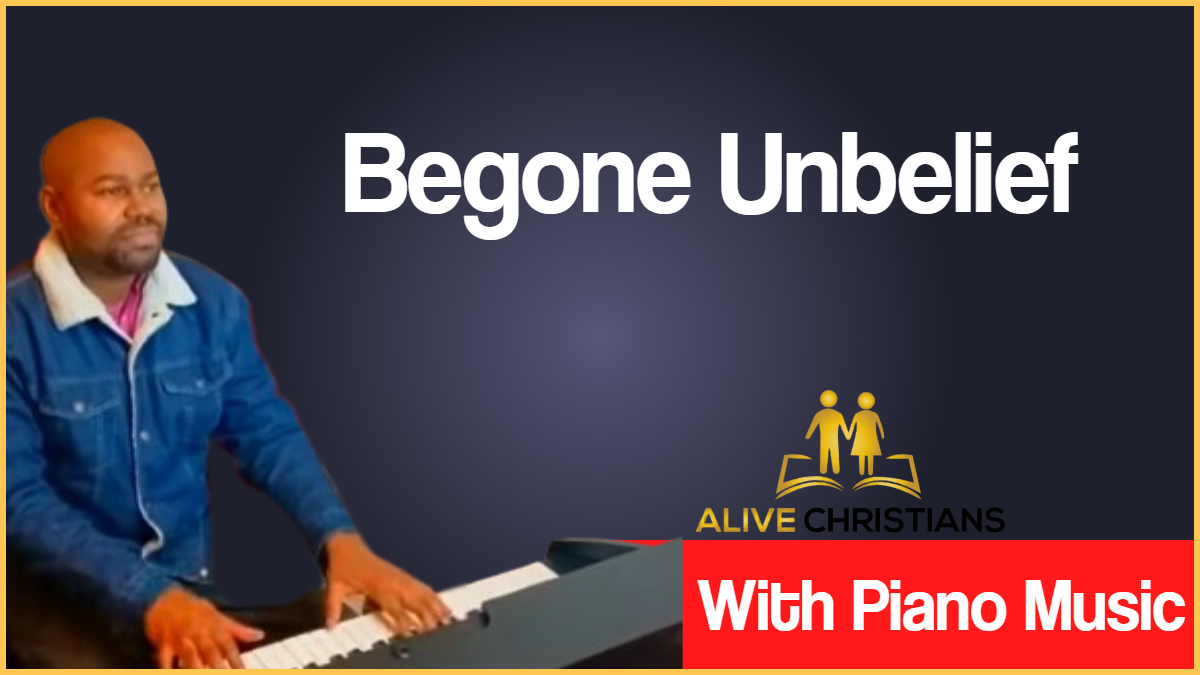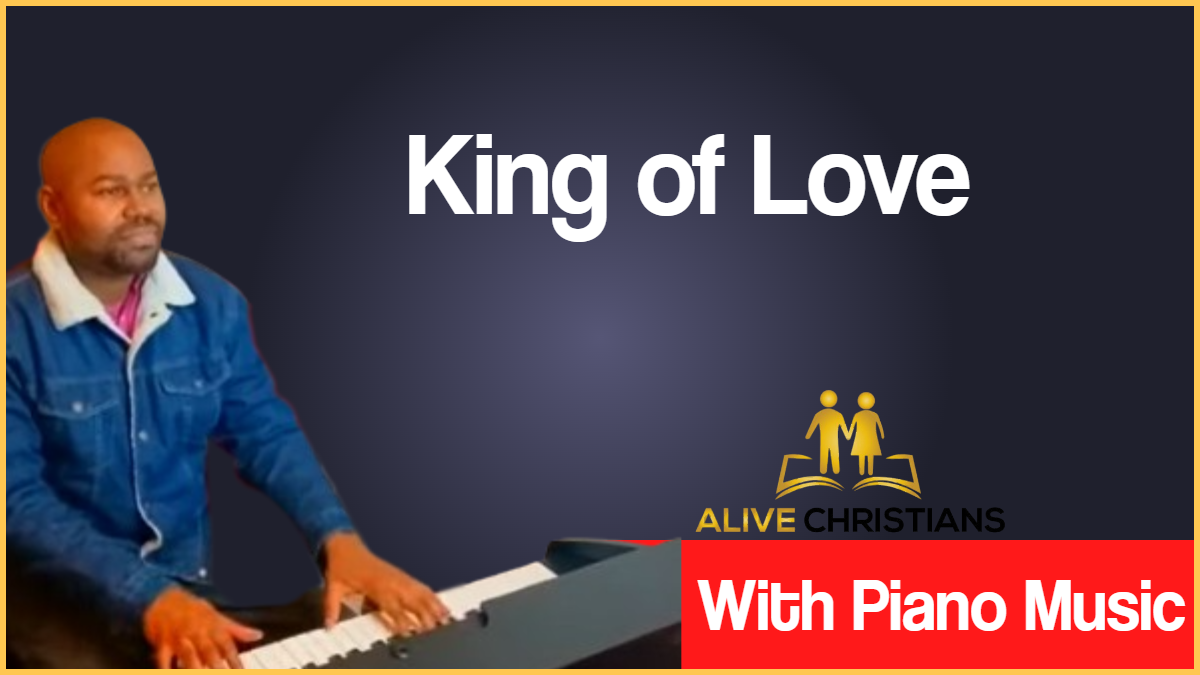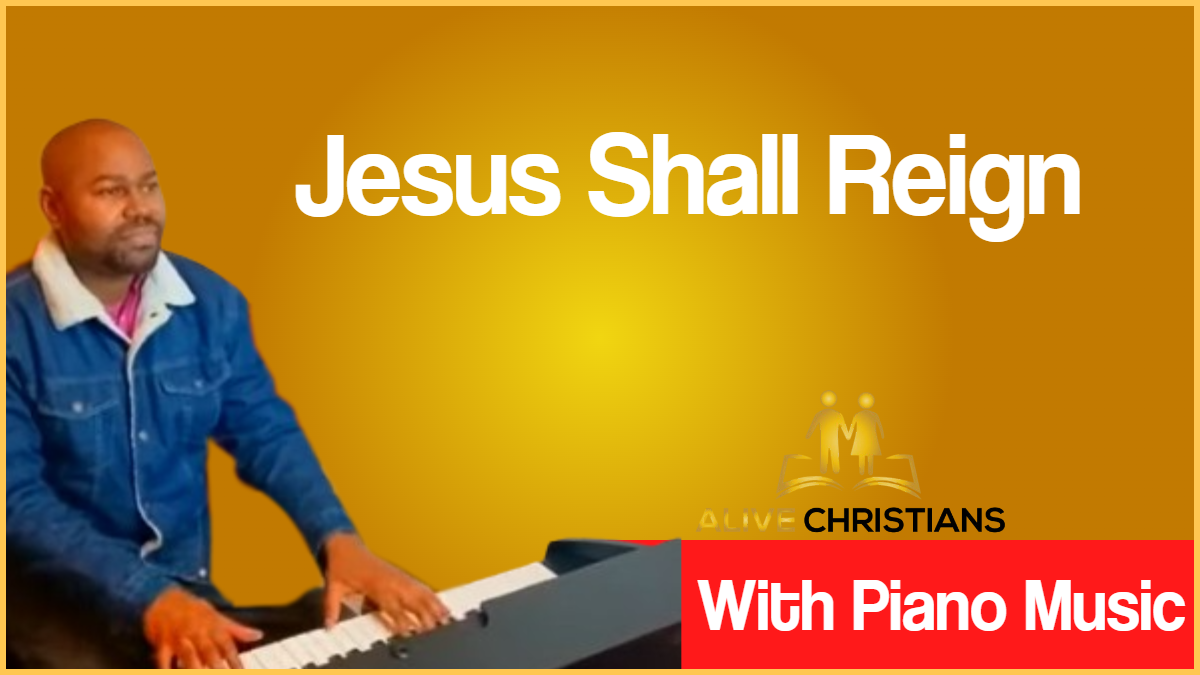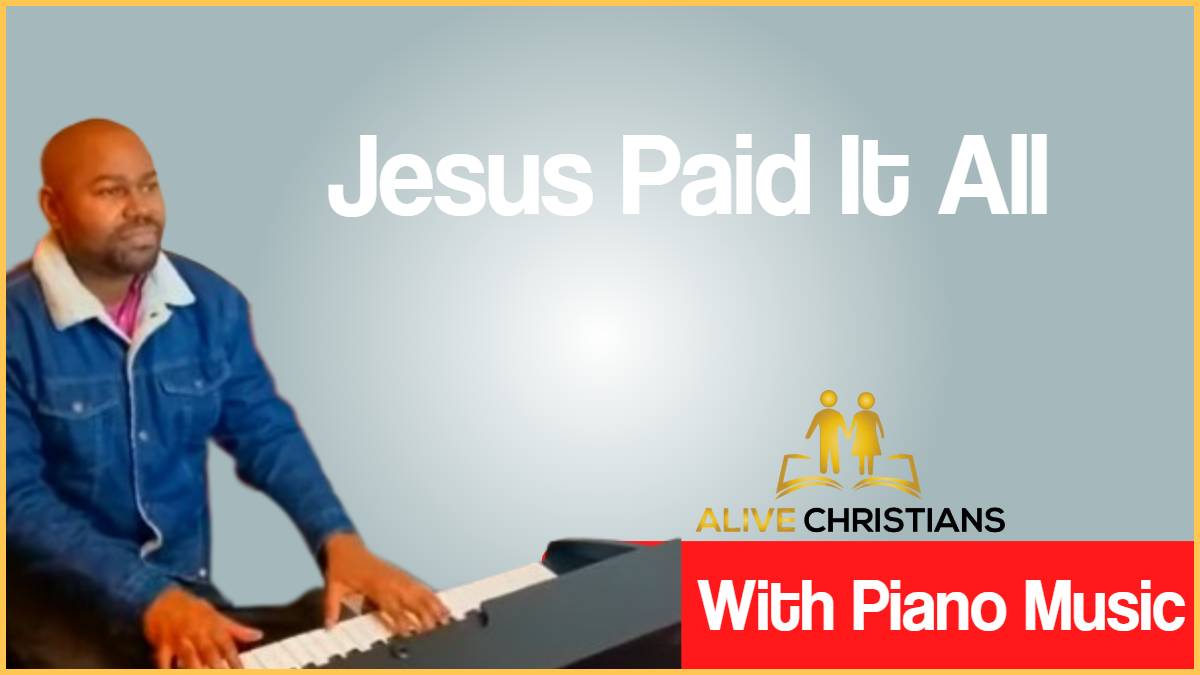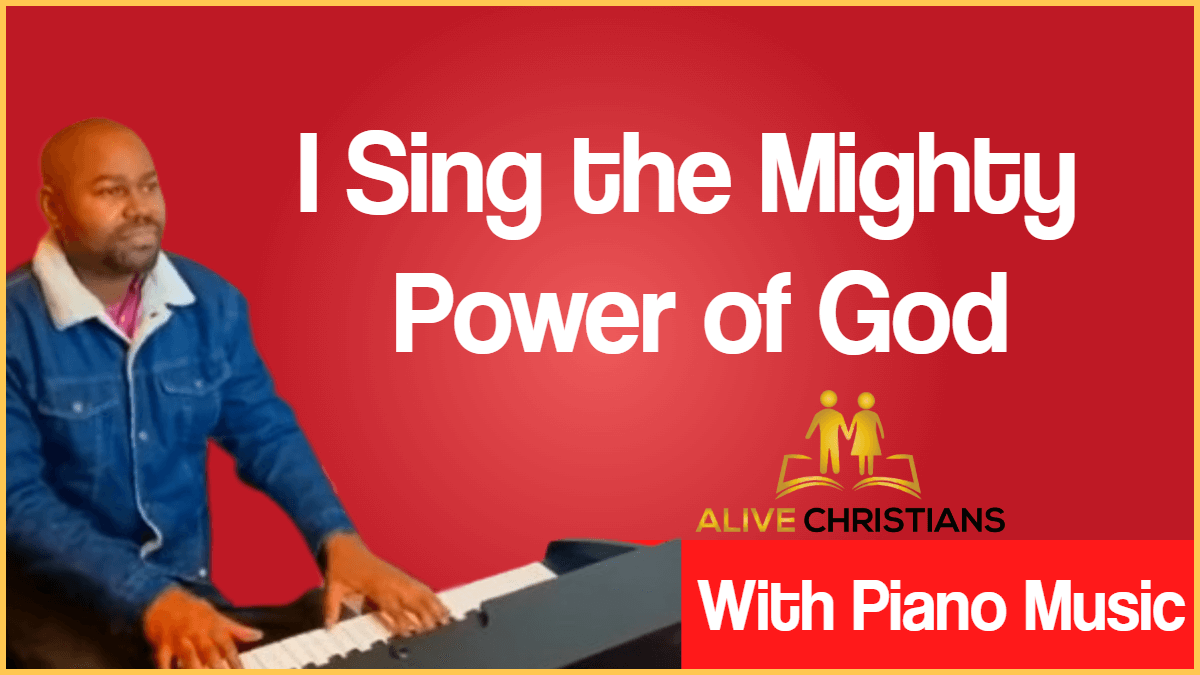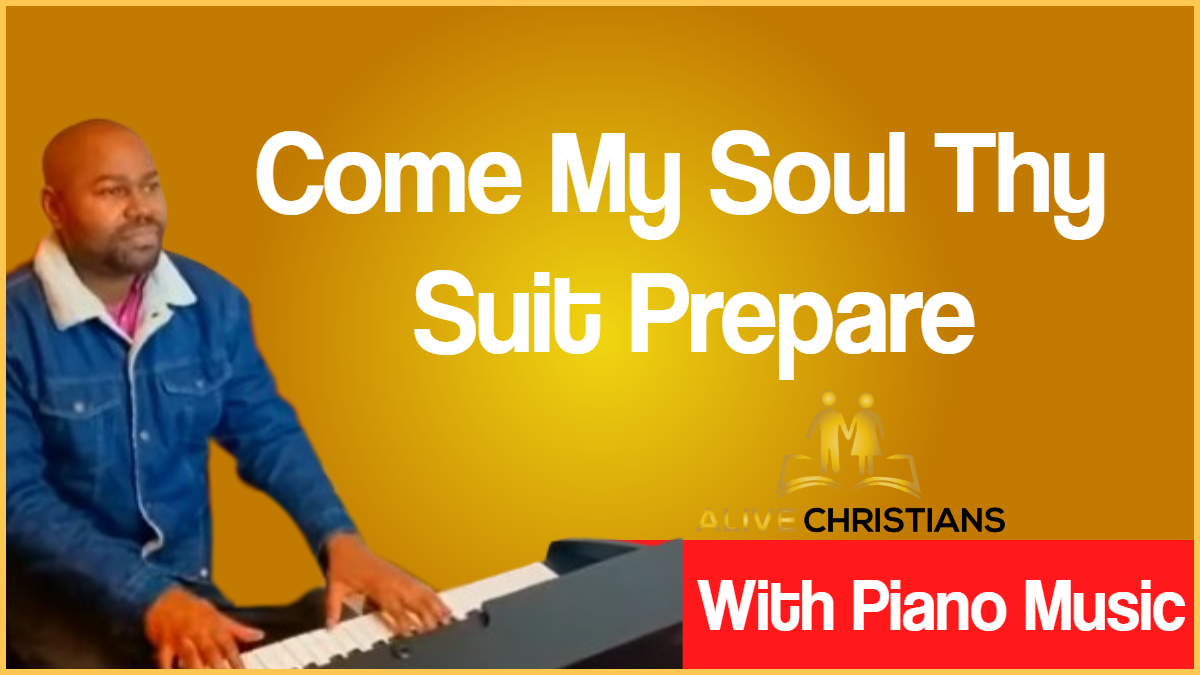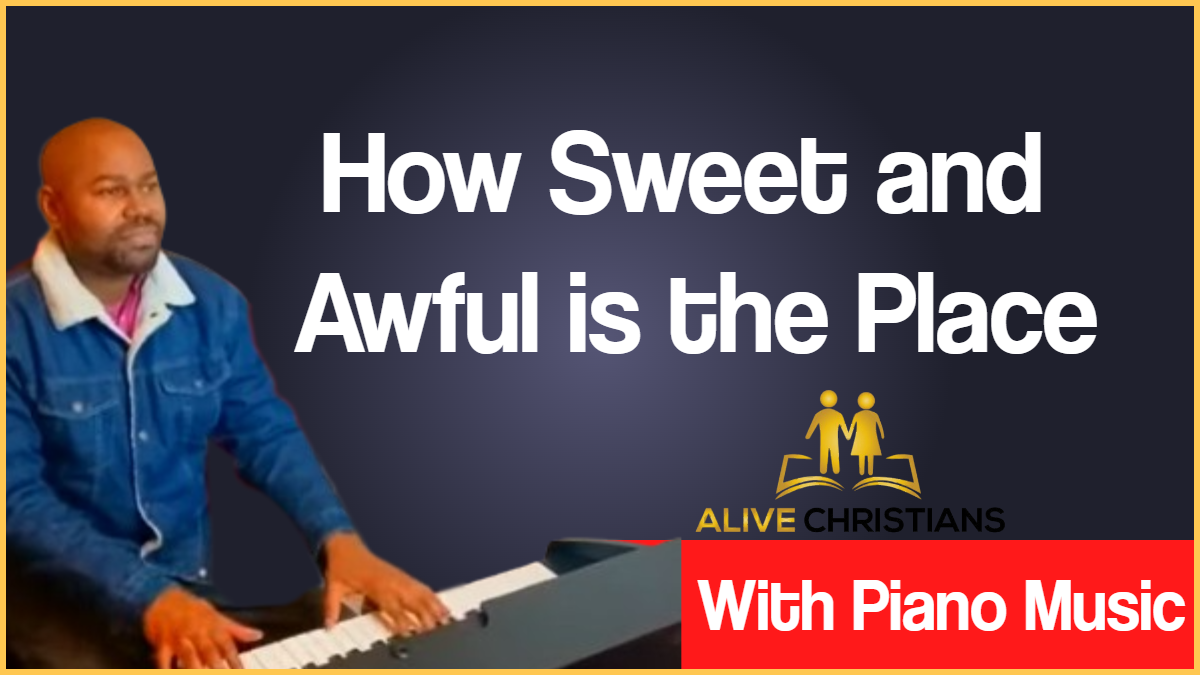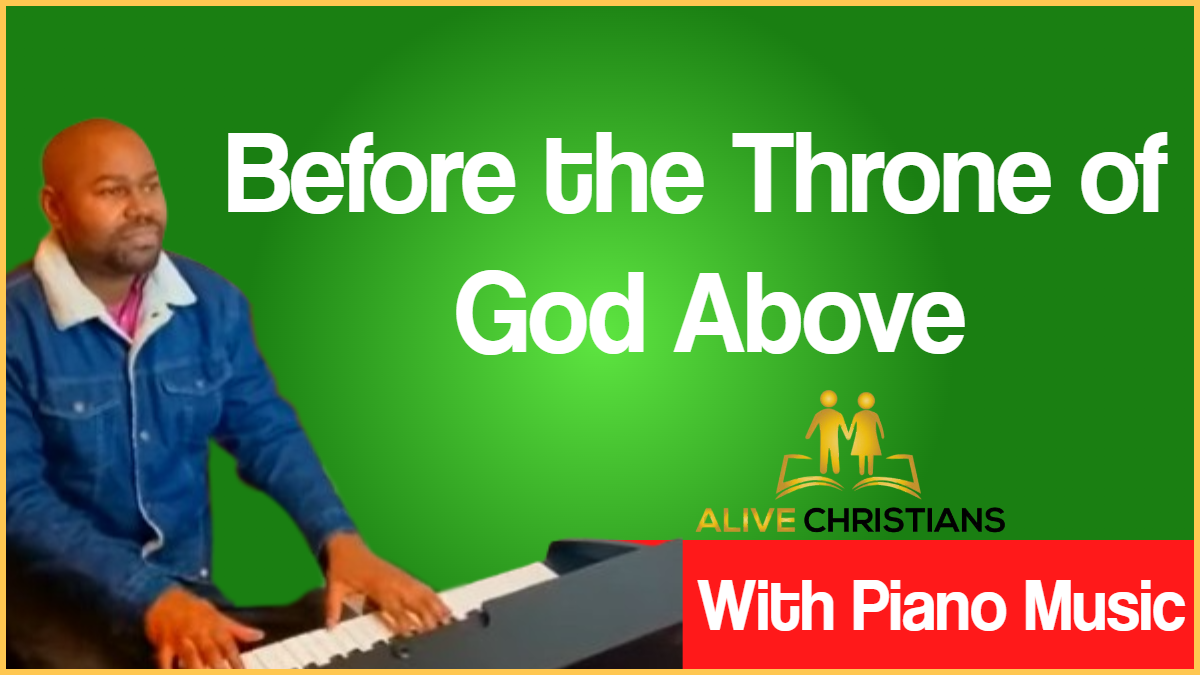Begone Unbelief Lyrics
John Newton
Tune Name: "Lyons" tune by Haydn or others
Meter: 8.7.8.7
Hymnbook Source: Evangelical hymnals
Scripture: Romans 8:28
Verse 1
Begone, unbelief, my Savior is near
And for my relief will surely appear;
By prayer let me wrestle, and He will perform;
With Christ in the vessel, I smile at the storm
With Christ in the vessel, I smile at the storm
Verse 2
Though dark be my way, since He is my Guide,
‘Tis mine to obey, ’tis His to provide;
Though cisterns be broken, and creatures all fail,
The Word He hath spoken shall surely prevail.
The Word He hath spoken shall surely prevail.
Chorus
[Men]————————-[Ladies]
Begone unbelief,———-the Savior is here;
Begone unbelief,———the Savior is here;
Begone unbelief,———the Savior is here;
[Altogether]
Though cisterns be broken and creatures all fail,
The Word He has spoken will surely prevail;
The Word He has spoken will surely prevail.
Verse 3
His love in time past forbids me to think
He’ll leave me at last in trouble to sink:
Each sweet Ebenezer I have in review
Confirms His good pleasure to help me quite through.
Confirms His good pleasure to help me quite through.
Verse 4
Why should I complain of want or distress,
Temptation or pain? He told me no less;
The heirs of salvation, I know from His Word
Through much tribulation must follow their Lord.
Through much tribulation must follow their Lord.
Chorus
[Men]————————-[Ladies]
Begone unbelief,———-the Savior is here;
Begone unbelief,———the Savior is here;
Begone unbelief,———the Savior is here;
[Altogether]
Though cisterns be broken and creatures all fail,
The Word He has spoken will surely prevail;
The Word He has spoken will surely prevail.
Verse 5
How bitter that cup no heart can conceive,
Which He drank quite up, that sinners might live!
His way was much rougher and darker than mine;
Did Christ, my Lord, suffer and shall I repine?
Did Christ, my Lord, suffer and shall I repine?
Verse 6
Since all that I meet shall work for my good,
The bitter is sweet, the medicine,food;
Though painful at present, ’twill cease before long,
And then, oh, how pleasant the conqueror’s song!
And then, oh, how pleasant the conqueror’s song!
Chorus
[Men]————————-[Ladies]
Begone unbelief,———-the Savior is here;
Begone unbelief,———the Savior is here;
Begone unbelief,———the Savior is here;
[Altogether]
Though cisterns be broken and creatures all fail,
The Word He has spoken will surely prevail;
The Word He has spoken will surely prevail.
Hymn Information
| Category | Details |
|---|---|
| Title | Begone Unbelief |
| Author / Lyricist | John Newton (1725–1807) |
| Composer / Tune | Traditional hymn tune; various adaptations |
| Date Written / Published | 1779 (published in Olney Hymns) |
| Historical Context | Written in England during the evangelical revival; emphasizes trusting God amid doubt and spiritual struggle. Newton collaborated with William Cowper, who also contributed hymns to Olney Hymns. |
| Theme / Message | Encouragement to trust God, overcome spiritual doubt, and rely on Christ’s sufficiency. |
| Notable Features | Simple, reflective language; suitable for congregational singing or personal devotion. |
| Cultural / Religious Impact | Included in Anglican, Methodist, and evangelical hymnals; widely used in devotional and worship settings. |
| Source / Scholarship | Olney Hymns (1779); A Survey of English Hymns – Kenneth W. Osbeck; Hymnary.org |
Hymn Similarities and Biblical Scholar Analysis of This Hymn:
| Scholar | View / Interpretation |
|---|---|
| Charles Wesley, Anglican Hymn Writer, 1707–1788 | The hymn urges believers to confront doubt and embrace faith, a concept Wesley explored frequently. Its firm wording reinforces spiritual determination. |
| John Julian, Author, A Dictionary of Hymnology, 1829–1913 | Julian points out the hymn’s enduring presence in hymnals. The combination of doctrinal focus and lyrical appeal engages worshippers. |
| John Newton, Anglican Clergyman & Hymn Writer, 1725–1807 | Newton illustrates how it encourages trust in God during uncertainty. Its structured stanzas guide reflection and perseverance. |
| Folliott S. Pierpoint, Anglican Hymn Writer, 1835–1917 | Pierpoint acknowledges the hymn’s clarity and melodic accessibility. Its call to faith resonates with both personal and congregational devotion. |
| William Rees (Hyfrydol), Welsh Hymn Writer, 1803–1883 | Rees demonstrates its effectiveness in leading worshippers toward confident spiritual resolve. The hymn’s phrasing supports memorability and recitation. |
| Philip P. Bliss, American Composer & Evangelist, 1838–1876 | Bliss points out the hymn’s compelling rhythm and devotional energy. It inspires active participation in congregational singing. |
| Elizabeth C. Clephane, Scottish Hymn Writer, 1830–1869 | Clephane illustrates how the hymn combats spiritual hesitation with lyrical exhortation. Its message encourages steadfast commitment to faith. |
